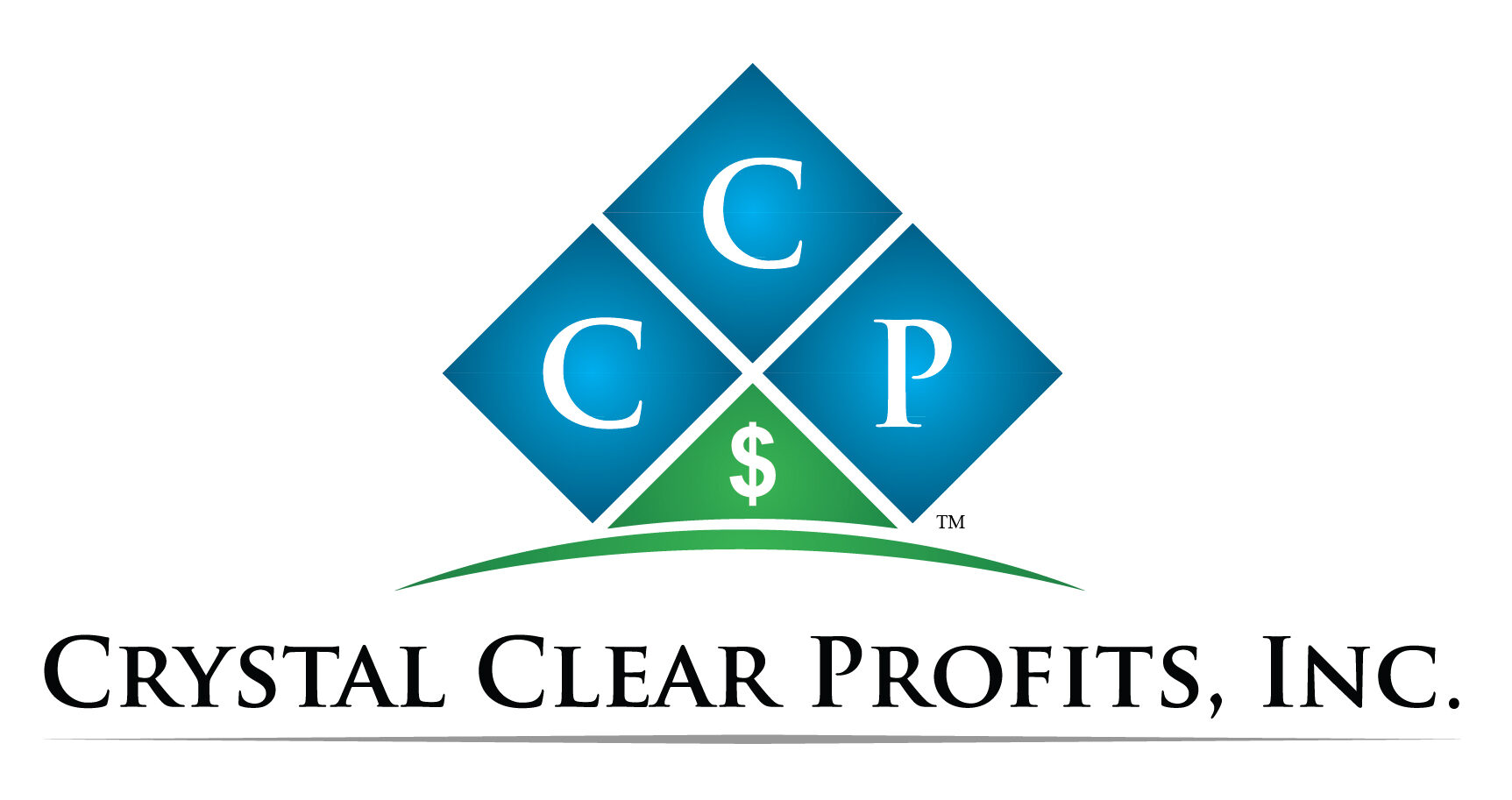In the ever-evolving landscape of business management, one crucial aspect that often gets overlooked is tax efficiency. Yet, optimizing your tax strategy with timely and proper planning can significantly impact your bottom line and overall financial health. Whether you’re a small startup or a well-established enterprise, understanding what to look for in your business to become tax-efficient is essential. Let’s delve into some key factors to consider:
- Business Structure: Your business structure plays a pivotal role in determining your tax obligations. Whether you operate as a sole proprietorship, partnership, corporation, or LLC, each structure comes with its own set of tax implications. For instance, corporations may be subject to double taxation, whereas pass-through entities like LLCs and S corporations can offer tax advantages by allowing profits to flow directly to owners without corporate tax. And without the proper elections of an LLC, you could be paying more taxes than you planned. An LLC is for legal protection and not tax protection.
- Expense Management: Diligent and timely expense management is crucial for maximizing tax efficiency. Keep meticulous records of all business-related expenses on a monthly basis, including supplies, equipment, office space, and travel. By deducting eligible expenses, you can reduce your taxable income, thus lowering your overall tax liability.
- Depreciation and Amortization: Capital assets such as machinery, vehicles, and property can be depreciated or amortized over their useful life, allowing you to spread out the cost for tax purposes. Understanding the depreciation methods and schedules prescribed by tax regulations can help you optimize your deductions and minimize taxable income. Taking a section 179 depreciation when you have a loss is inefficient.
- Tax Credits and Incentives: Take advantage of available tax credits and incentives offered by federal, state, and local governments. These incentives are designed to encourage certain behaviors, such as hiring veterans, investing in renewable energy, or conducting research and development. Researching and leveraging these opportunities can lead to significant tax savings for your business.
- Employee Benefits and Retirement Plans: Offering employee benefits such as health insurance, retirement plans, and flexible spending accounts not only attract top talent but also offer tax advantages. Contributions to retirement plans, such as 401(k)s or IRAs, are typically tax-deductible, reducing your taxable income while helping your employees save for the future.
- Strategic Timing: Timing can significantly impact your tax liabilities. Consider deferring income or accelerating expenses to optimize your tax situation in any given year. For example, delaying invoicing until the end of the year can push income into the following tax year, while prepaying expenses can provide immediate deductions.
- Tax Planning and Consultation: As early as possible in the beginning of the tax year, engage with qualified tax professionals or financial advisors to develop a comprehensive tax strategy tailored to your business needs. They can provide valuable insights into complex tax laws, identify overlooked deductions, and ensure compliance with regulatory requirements.
- Technology and Automation: Embrace technology and automation tools to streamline tax-related processes such as record-keeping, expense tracking, and payroll management. Cloud-based accounting software and dedicated tax management platforms can help you stay organized, minimize errors, and make informed financial decisions.
- Compliance and Risk Management: Stay abreast of changing tax laws and regulations to ensure compliance and minimize the risk of audits or penalties. Implement robust internal controls and risk management practices to safeguard against potential tax-related challenges.
- Long-Term Strategic Planning: Look beyond immediate tax-saving opportunities and incorporate tax efficiency into your long-term strategic planning. Consider how changes in your business operations, expansion plans, or regulatory environment may impact your tax position, and proactively adjust your strategy accordingly.
Achieving tax efficiency requires a proactive and multifaceted approach that considers various aspects of your business operations, financial goals, and regulatory environment. By understanding these key factors and implementing appropriate strategies, you can minimize tax liabilities, maximize savings, and position your business for sustainable growth and success. Remember, tax efficiency is not just about reducing taxes—it’s about optimizing your financial resources to fuel your business’s prosperity. Schedule a free 30 minute consultation here to see if you are tax efficient.
